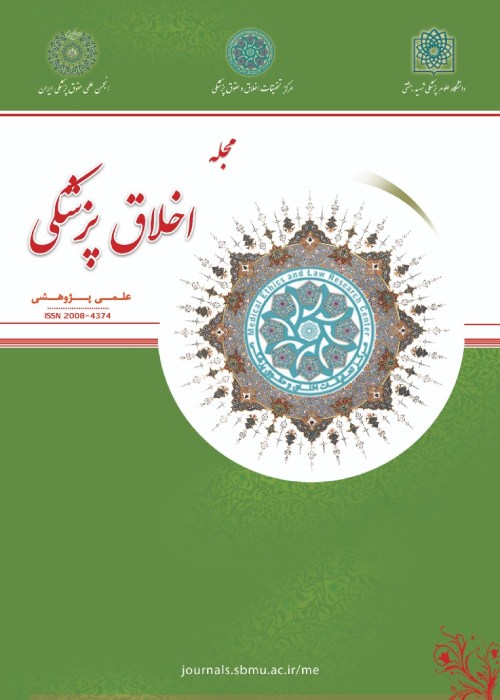The Effect of Staff Cultural Intelligence on Hospital Organizational Culture
Organizational culture as an important and fundamental component in the body of an organization, on all aspects of the organization, including the development of goals, strategy, individual behavior, organizational performance, job motivation and satisfaction, creativity and innovation, employee participation in affairs and the like. Affects, so that successful organizations have a strong and effective organizational culture. Meanwhile, employees' cultural intelligence has a significant role in strengthening the organization's culture. And the relationship between these two variables has not been studied in the country's hospitals. In this regard, the present study aimed to investigate the relationship between cultural intelligence and its dimensions with organizational culture in Shahid Madani Hospital in Khorramabad was studied.
The present study is a cross-sectional descriptive-correlational descriptive-odor cross-sectional paradigm. The statistical population studied in this study is all employees of Shahid Madani Hospital in Khorramabad with medical, paramedical and administrative positions. Thus, using Morgan table, 160 employees were selected by random sampling. Standard Ang and Denison questionnaires were used to assess cultural intelligence and organizational culture, respectively. Finally, the collected data were analyzed using structural equation method and SPSS 26 and LISREL software.
The relationship between cultural intelligence and its dimensions with organizational culture is significant. Therefore, the research hypotheses are significant and among the dimensions of cultural intelligence, the metacognitive dimension with a coefficient of 0.65 has a stronger correlation with organizational culture.
Ethical Considerations:
In the present study, all cases related to the informed satisfaction of individuals in filling out the questionnaire and the confidentiality of their answers was observed.
The results showed that the ability of cultural intelligence as a very important ability to understand the cultural factors outside the organization and identify internal strengths and weaknesses is significant. Therefore, due to the acquired nature of this ability, it is suggested to increase cultural intelligence among the staff of the hospital through formal trainings. This requires that individuals be aware of the characteristics of other cultures and by reviewing their cultural cognition; provide the basis for extensive interactions between other cultures.
- حق عضویت دریافتی صرف حمایت از نشریات عضو و نگهداری، تکمیل و توسعه مگیران میشود.
- پرداخت حق اشتراک و دانلود مقالات اجازه بازنشر آن در سایر رسانههای چاپی و دیجیتال را به کاربر نمیدهد.


